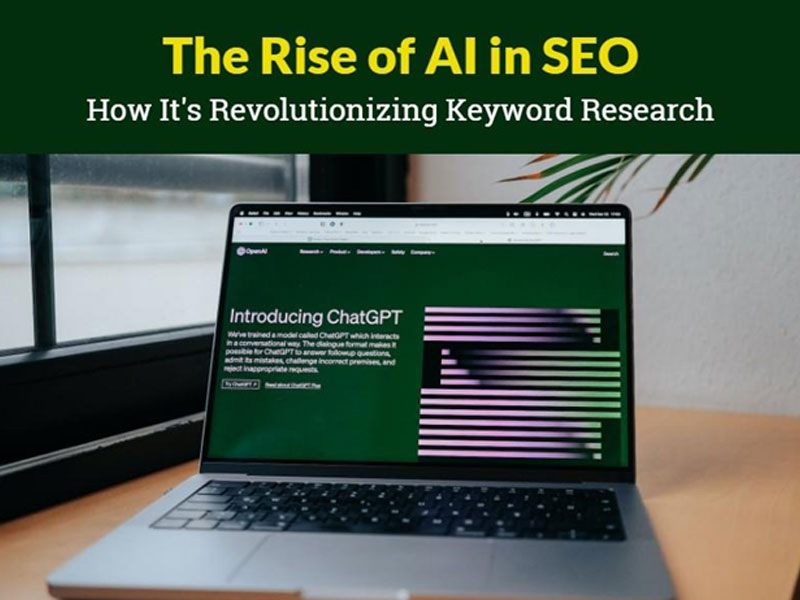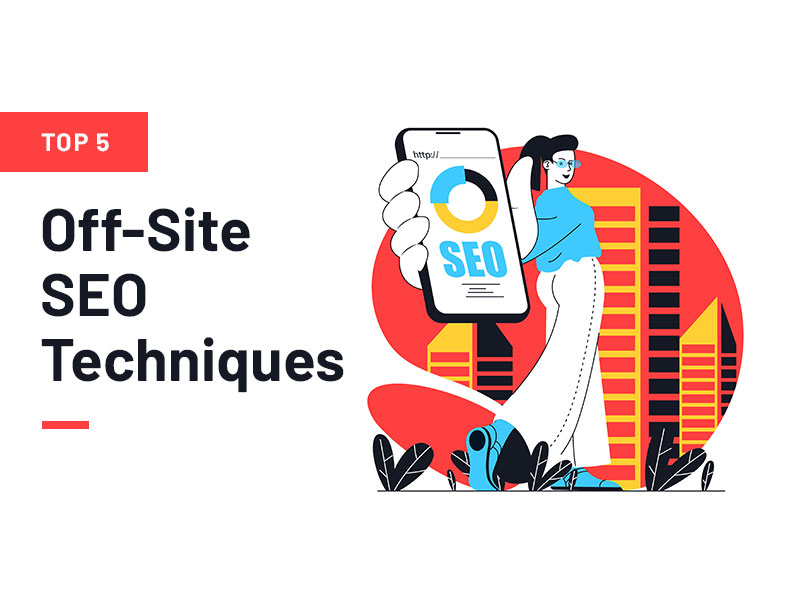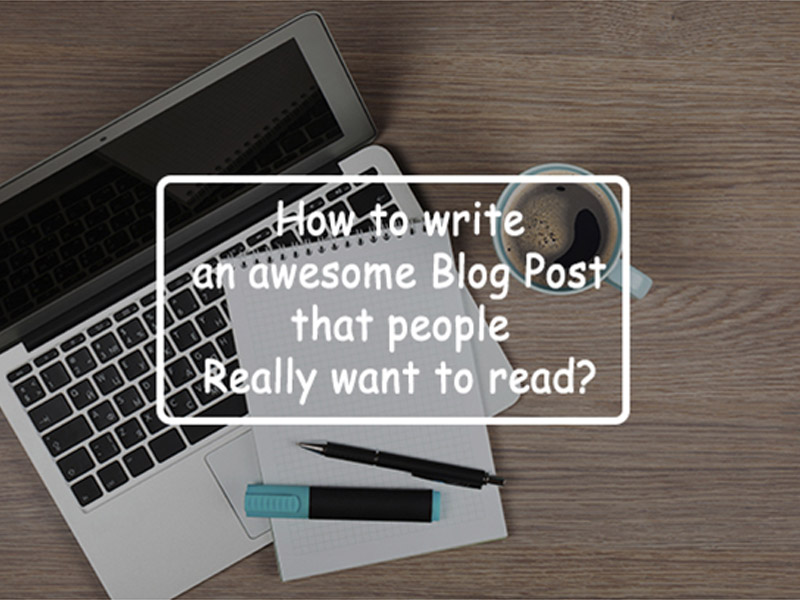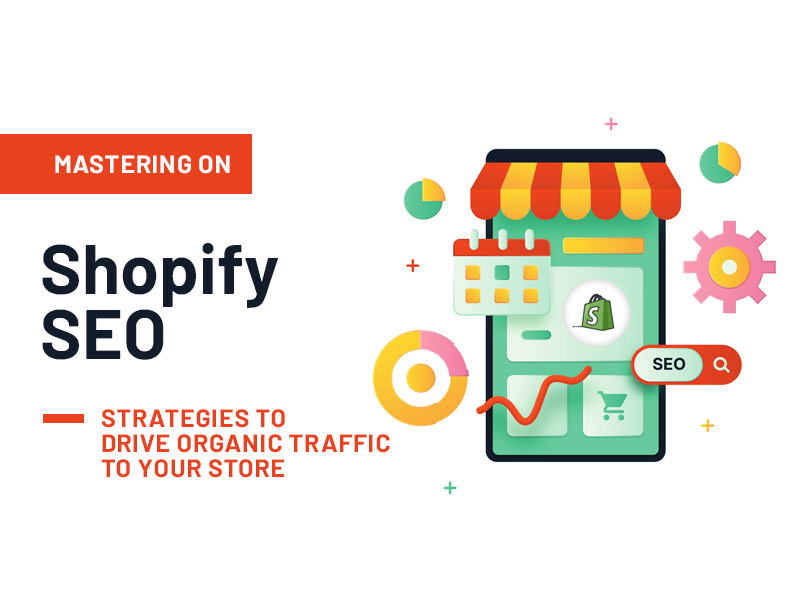Artificial intelligence (AI) is fast altering the landscape of search engine optimisation (SEO), redefining the way tasks that previously needed human intellect, such as decision-making and learning, are carried out.
AI is rapidly being used in SEO to improve efficiency and efficacy in various processes whether it’s to enhance SEO technical audit services, formulate effective content optimisation and keyword research, or build comprehensive link-building and backlinking campaigns.
While AI has numerous benefits in the field of SEO, such as enhanced results and speedier procedures, it also has drawbacks. One of the key challenges is the necessity of human supervision. While AI can automate many tasks, such as keyword research and content generation, human oversight is still crucial to ensure that the outputs are relevant, accurate, and aligned with broader SEO strategies. Additionally, AI systems are not immune to algorithm bias, which can skew results if not properly monitored and adjusted.
Beyond these concerns, it’s also important to consider the high ai compute costs involved in implementing AI-driven SEO solutions. Training and running AI algorithms, particularly for complex tasks like keyword research, content generation, and trend analysis, require significant computational power. This often involves the use of high-performance servers, data storage, and specialized hardware, which can be costly.
AI will likely continue to influence the future of SEO, affecting the way websites are optimised for search engines as it develops.
AI in SEO: Keyword Research
AI, which is used in numerous crucial ways, has profoundly changed the way SEO is carried out.
Machine learning algorithms can create enormous volumes of data and find trends that people may not see instantly by studying and interpreting search algorithms.
This enables SEO specialists to better judge which keywords to target and how to enhance website content for increased visibility.
AI is also being used to automate SEO chores like content development, keyword research, and optimisation.
According to the recent reports published, the worldwide AI text generator market was worth about USD 360 million in 2022 and is predicted to be worth around USD 1,808 million in 2032, increasing at a CAGR of slightly more than 18% between 2023 and 2032.
Text generators that employ AI (Artificial Intelligence) use algorithms to compute the billions of words on the internet and use them to produce articles, messages, emails, and so on.
This particular aspect of AI plays a key role in keyword research, as once the keywords have been identified, content creation or generation becomes the next big step and for that AI seems to have cracked the code given its advanced algorithm and prowess to produce a plethora of content at a rapid speed.
Revolutionising SEO: How AI is Changing Keyword Research
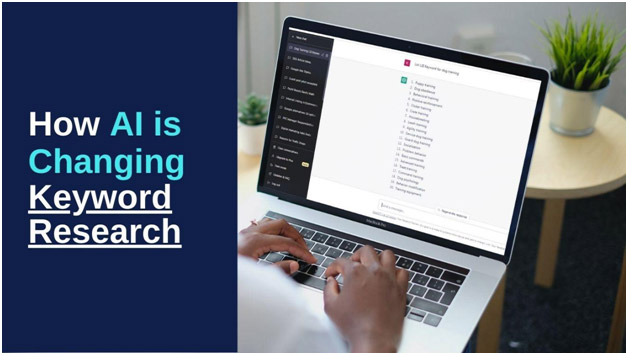
In the realm of search engine optimisation, artificial intelligence has transformed keyword research (SEO).
Keyword research is an important part of SEO that entails determining the most relevant and high-traffic keywords to target in the website content. Formerly, this was a time-consuming and tiresome operation, but AI technologies have made it much easier and more efficient.
AI-powered technologies may also assist in discovering similar keywords and phrases that can be included in website content to boost the website’s relevancy and exposure.
AI systems can recommend relevant terms to optimise website content by assessing the context and meaning of keywords.
1. Processing Vast Amounts of Data
AI-based keyword tools utilise machine learning algorithms to scan enormous volumes of data and uncover patterns and trends that may not be immediately visible to humans.
AI algorithms can find the most relevant and high-traffic keywords to target in website content by studying search engine users’ activity.
2. Identification of Long-tail Keywords
Long-tail keywords are frequently more particular and less competitive than shorter phrases, increasing the likelihood of driving focused visitors to a website.
By monitoring search queries and recognising trends in user behaviour, AI-based solutions can assist in identifying long-tail keywords.
3. Recommending Relevant Keywords and Phrases
AI systems can recommend relevant terms to optimise website content by assessing the context and meaning of keywords.
This raises the website’s relevancy and visibility, as well as the possibility of bringing targeted visitors to the website.
4. Keyword Research may be Automated using AI Techniques
AI systems can crawl websites and automatically discover relevant keywords and phrases, saving SEO professionals a substantial amount of time and effort.
This frees up SEO professionals to concentrate on other parts of SEO strategy and analysis.
5. Informative Decision Making
AI technologies give SEO practitioners better insights into search engines and how to optimise webpages for them by evaluating anchor text usage, keyword variants, and semantic keywords.
This enables SEO specialists to better judge which keywords to target and how to enhance website content for increased visibility.
The Advantages of AI in SEO: Beyond Keyword Research
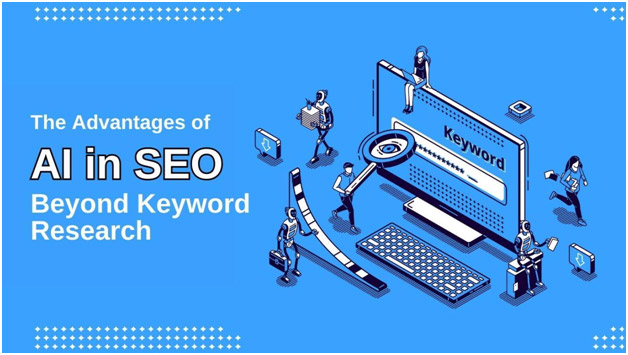
1. Mastering SEO with AI-Powered Content Creation and Analysis
AI can analyse material and recommend changes to make it more SEO-friendly.
Identifying relevant keywords and phrases, as well as optimising content for readability and engagement, are all part of this process.
Businesses can develop high-quality content that connects with their target audience and performs well in search engine results pages using AI-powered content analysis (SERPs).
2. Unlocking New Levels of SEO Traffic and Ranking Growth
Artificial intelligence-powered solutions may monitor website traffic and analyse ranking data to find areas for development.
Businesses may obtain insights into user behaviour and make data-driven choices to enhance the performance of their website by measuring important metrics such as bounce rate, click-through rate, and conversion rate.
3. Streamlining SEO Workflows with AI Automation and Integration
Facing issues with repetitive SEO operations in SEO, such as keyword research, content optimisation, and link development?
Well, no need to fret anymore, by incorporating AI you can automate all these tasks and make your SEO work more effective and efficient.
This further enables companies to concentrate on higher-level planning and research, while AI-powered solutions handle day-to-day SEO activities.
4. Unleashing the Power of AI to Accurately Predict SEO Rankings
In this highly competitive online, gaining top rank in search results has become a daunting task.
However, with the advent of AI, this same almost-impossible looking task has become quite easy.
AI-powered technologies can evaluate search engine algorithms and forecast how changes to a website’s ranking will affect it.
Businesses may use this to improve their website for optimal visibility in search results and remain ahead of the competition.
5. Gaining Insights with AI-Driven Competition Monitoring and Analysis
AI can follow and assess rival website performance, including keyword strategy, backlink profiles, and content quality.
This enables firms to discover areas for development and maintain a competitive edge in search rankings.
6. Enhanced Scalability
AI can handle massive volumes of data fast and effectively, making it easier for businesses to expand their SEO efforts.
Businesses may use AI-powered solutions to assess and optimise their website for a greater number of keywords and phrases without losing quality or accuracy.
7. Power of AI-Powered Personalization
AI-powered solutions may evaluate user activity and tailor website content to their specific requirements.
This involves optimising material for multiple devices and search queries, as well as personalising information to specific audiences.
8. Voice Search Optimization
Did you know? Voice search on mobile devices is used by more than 30% of the total population throughout the world.
With the development of voice assistants such as Siri and Alexa, optimising for voice search has grown in importance.
AI-enabled solutions may evaluate voice search queries and improve information to better fulfil the demands of voice search users.
Summing Up!
One thing is certain after the spread of AI: it is here to stay. Can AI make SEO obsolete? It’s a difficult one to answer.
Yet, the way AI has transformed SEO, particularly keyword research, is pretty intriguing. AI has not only simplified formerly difficult and time-consuming SEO operations but has also made them more effective and concise than before.
We believe AI and SEO are a perfect combination; appropriate exploitation of both services in the right balance may help in any business’s growth and provide a considerable amount of traffic and leads.
